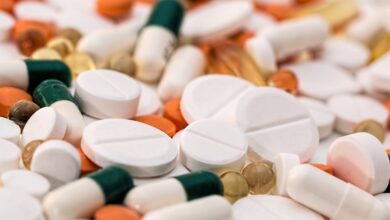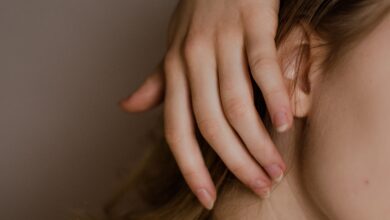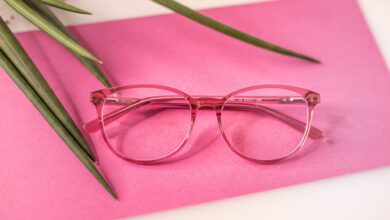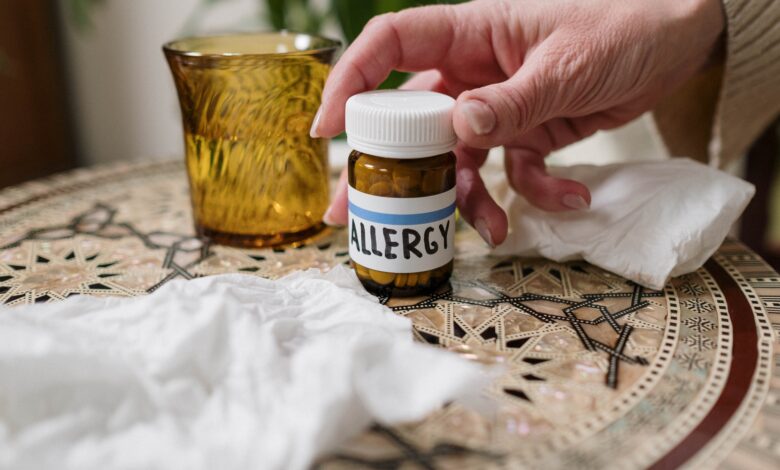
Depending on the type of allergy, the doctor will suggest various medications that will alleviate the symptoms.
Discover all the possible treatments to treat allergies here.
Allergies: treatments
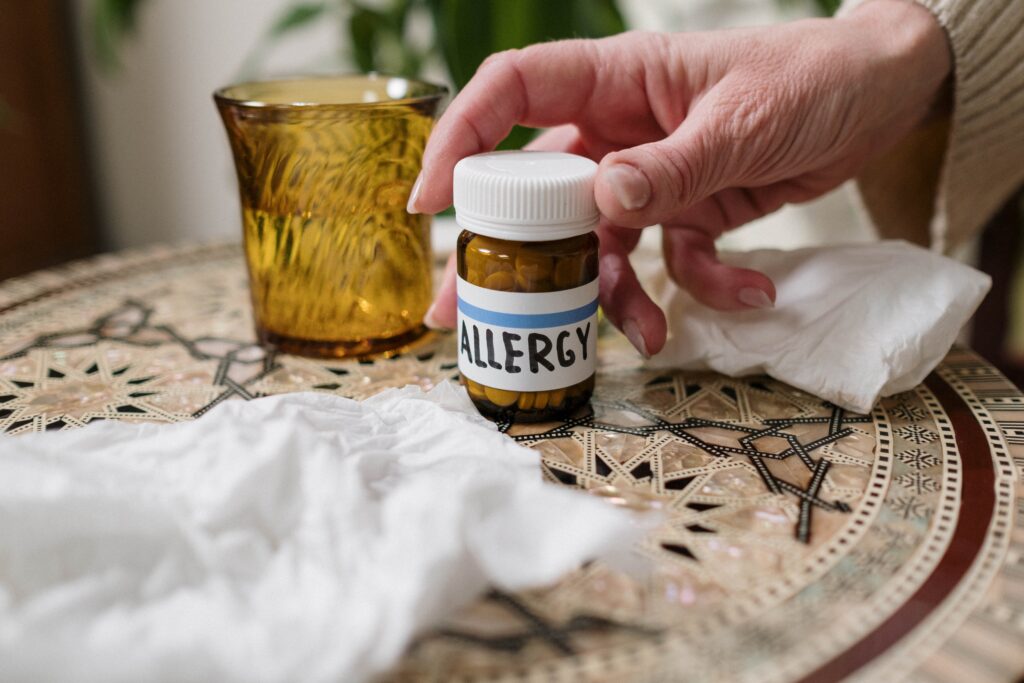
Some general remarks
The first step in allergy treatment is to identify the allergen (for example, pollen, animals, mold, dust mites, or certain foods) and avoid it if possible.
Depending on the type of allergy, the doctor will suggest various medications that will alleviate the symptoms and improve the quality of life.
Allergy medications come in the form of pills, liquids, nasal sprays, eye drops, and topical creams. Some are available over the counter, others by prescription.
In case of food allergy, the only possible treatment is to stop consuming the food for the rest of your life. People with a strong food allergy, usually to nuts, peanuts, fish or shellfish, which can cause anaphylactic shock, should keep an epinephrine auto-injector (EpiPen®, Twinject®) handy.
Epinephrine slows down the allergic reaction, the time to get medical attention. Note that allergies to latex, certain medications and insect bites can also cause anaphylactic shock.
Main types of drugs
Antihistamines relieve symptoms by blocking the release of histamine. Most are available over the counter, such as Claritin®, Zyrtec®, Réactine® and Allegra®.
Decongestants, such as Sudafed® and Balminil®, relieve nasal and sinus congestion.
Antileukotrienes, drugs obtained by prescription, block the effects of leukotrienes (Singulair®, Accolate®). Leukotrienes, belonging to prostaglandins, are produced by the immune system during an allergic reaction, and contribute to the onset of symptoms.
The use of corticosteroids is reserved for more serious allergy problems. They prevent and treat inflammation. They can only be obtained by prescription (Flonase®, Nasonex®, Dermacort®, Prednisone®).
Side effect: Some of these medications may cause drowsiness. Ask your pharmacist.
Nasal shower is a practice that contributes to the relief of nasal and sinus congestion. It consists of successively rinsing each nostril with a commercial (for example, Salinex®) or homemade saline solution. To make your own saline solution, dissolve a quarter of a teaspoon of salt in 500 ml of warm water. The liquid is then introduced into the nostril using a pear that can be obtained in pharmacies.
Desensitization treatment
Desensitization treatment is mainly used in cases of severe insect venom allergy and allergic rhinitis, when medications are insufficient to relieve it or when adverse drug reactions are poorly tolerated.
It consists of administering repeated and increasing doses of the allergen, over a period of three to five years. The desensitization treatment makes it possible to accustom the organism to the presence of the allergen and thus to reduce the intensity of the allergic reaction.
According to experts from the Mayo Clinic in the United States, this therapy has demonstrated good efficacy in cases of allergy to cats, house dust mites and pollen. In children, desensitization therapy may reduce the risk of asthma.
However, it should not be attempted if you have a food allergy, as it can cause a severe anaphylactic reaction.
Medical treatments for food allergies
No treatment possible. Avoidance of allergenic foods, injection of epinephrine in case of severe allergic reaction. See the Food Allergies fact sheet for more details.
Medical treatments for asthma
Antileukotrienes, bronchodilators (fast-acting or slow-acting beta-agonists , theophylline, ipratropium bromide, etc.), corticosteroids.
See the Asthma fact sheet for more details.
Medical treatments for eczema
Corticosteroids (topical or oral), antihistamines, cyclosporine, tacrolimus, pimecrolimus, antibiotics, ultraviolet treatment, psychotherapeutic approaches, skin care.
See the Eczema sheet for more details.
Medical treatments for allergic rhinitis
Antihistamines, decongestants, nasal or oral corticosteroids, antidegranulants, antileukotrienes, desensitization treatment, surgery.
See the Allergic Rhinitis sheet for more details.


